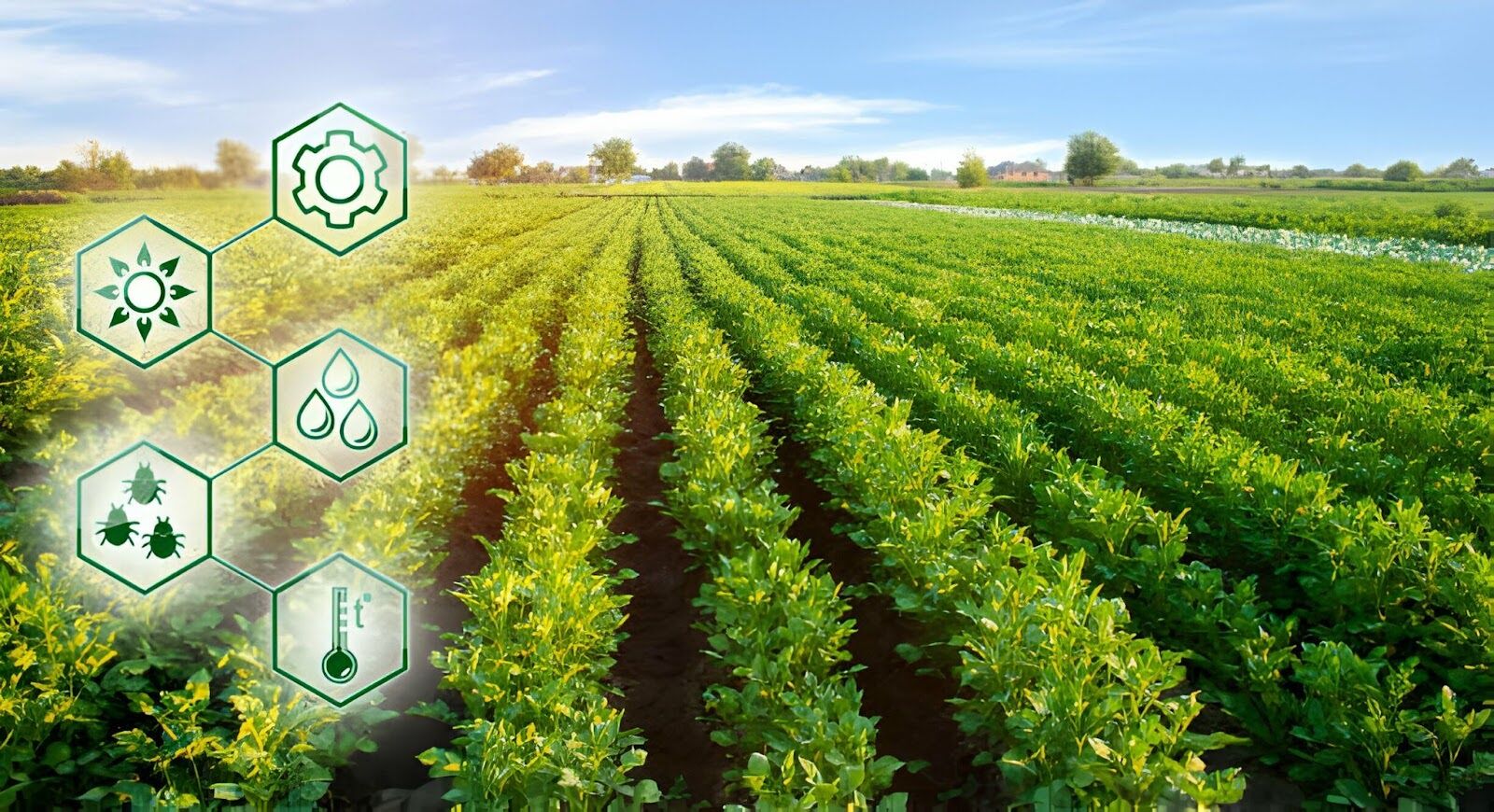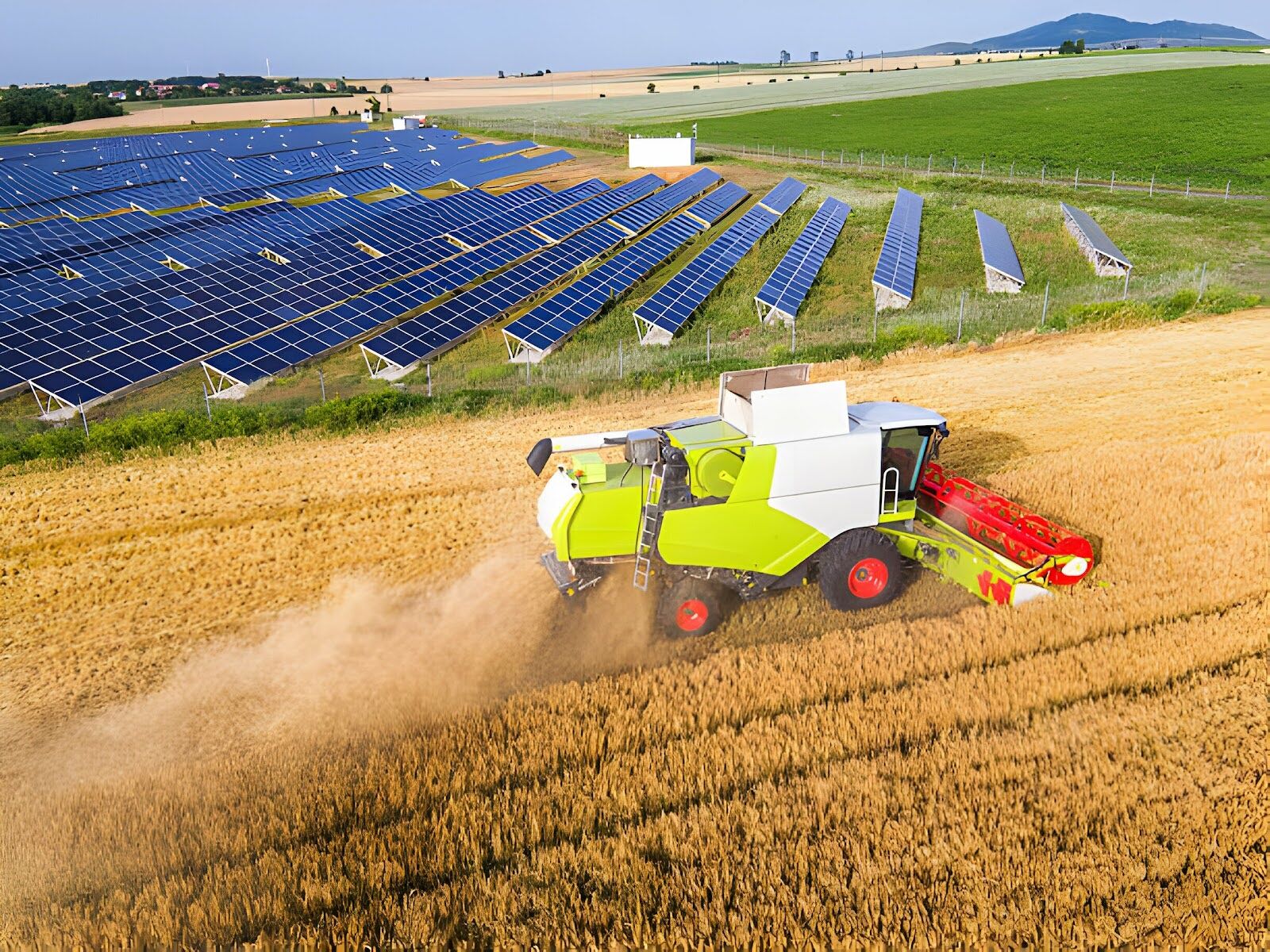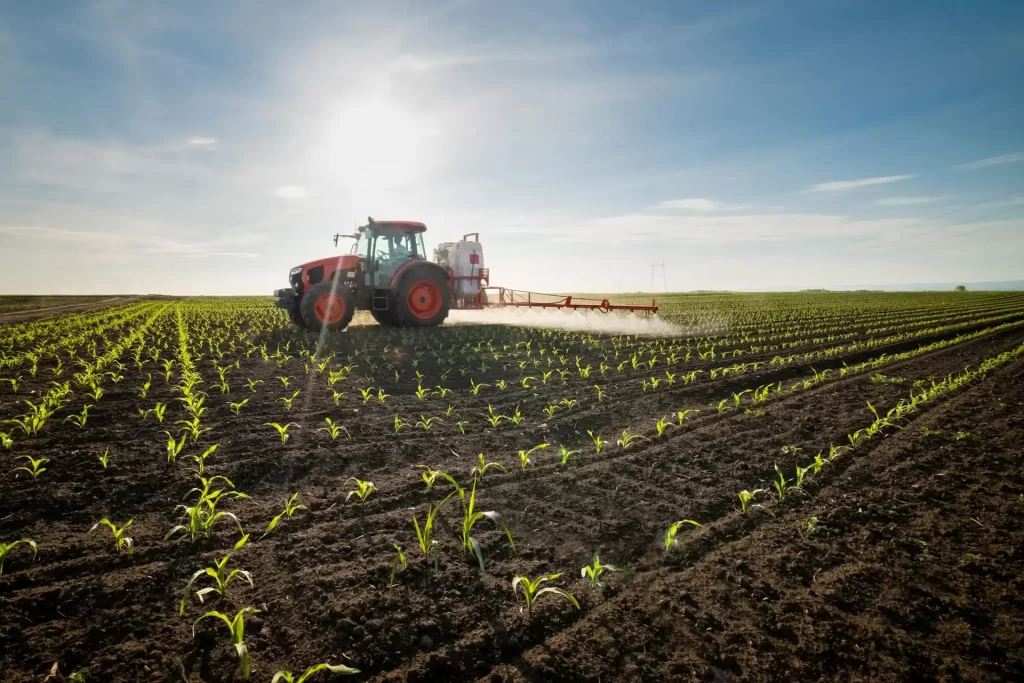Blessed with vast expanses of fertile land and a rich variety of natural resources, Africa holds a promise of becoming a faint when it comes to food production globally. Yet in the midst of these natural blessings, Africa as a whole continues to struggle to build sustainable agricultural practices.
Founded by the African Development Bank, the SAPZ (Special Agro-industrial Processing Zones) framework was launched on the 24th of October 2022 to serve as a catalyst for the African agricultural landscape. The structure was created as a way of accelerating agro-industrialization to bring development to rural communities and turn them into economic powerhouses. For countries such as Ethiopia, Togo, Senegal, Guinea and Mali, the African Development Bank has engaged in various phases of Agro-industrialization.
Designed to create a synergy between agriculture and industry, this framework is heavily focused on creating a sustainable and inclusive economy. For the SAPZ framework, areas with heightened agricultural activities are prioritized. Some factors that are considered with these zones are proximity to the marketplaces, road access, and the level of agricultural activities. Though targeted at 36 states in Nigeria, some zones where this program will first be implemented are Kwara, Kaduna, Imo, Cross rivers and the Federal Capital Territory (to mention a few).
How Does the SAPZ Framework Affect Agro-Industrialization?

Source: iStock
Agro Industrialization refers to the process of intertwining agriculture and industrialization to add value to agricultural products through manufacturing, processing, and distribution activities.
Agro-industrialization leads to increased agricultural produce by processing them into value-added products.

Source: iStock
Agro Industrialization opens the agro sector to a world of development unlike any other. With this, food systems change, diversification of products and employment opportunities open. The SAPZ initiative serves as a catalyst for agro-industrialization in Nigeria and Africa, at large.
Here are some ways the SAPZ framework contributes to agro-industrialization:
Economic Diversification: By identifying zones, diversification is created across markets. Each zone will serve as a specialized hub with a clear focus.
At the core of the SAPZ framework is to identify markets, communities and areas where, when equipped with infrastructure, will boost the Nigerian agricultural landscape.
Enhanced Productivity: By providing local farmers with modern tools, new farming techniques and supports, the SAPZ framework enhances productivity and efficiency.
For example, the rice producing region of a state in Nigeria with a state of the art machinery for milling, polishing and packaging, will naturally experience an increment in output. Compared to the traditional farming methods, farmers will have higher turnaround time, and even better quality control.
Rural development: Through targeted programs, financial support and access to markets, rural farmers are better equipped to produce more, thereby giving them leverage to participate in bigger markets. For a business

Source: iStock
The framework emphasizes the need to foster inclusion by going to diverse communities, finding their comparative advantage and prioritizing this for maximum benefits. This way, there is higher income, more skilled laborers and, of course, an improved standard of living.
Value addition: Value addition refers to the process of incorporating additional attributes to raw materials thereby increasing the market value of these agricultural products.
With the SAPZ framework, infrastructure necessary for transforming these products into finished goods are provided, so beyond getting cocoa beans in its raw form, cocoa powder and chocolate are obtained thereby adding value to the first raw material.
Access to Markets and Distribution Channels: The framework gives farmers access to markets and more distribution bases.
A farmer who was formerly selling cocoa beans can now get chocolate and cocoa powder from the original raw material, this expands his customer base and even market reach. This farmer can now explore partnerships with retailers outside of his immediate environment and also gain a larger export network.
Skills development and training(employment opportunities): training programs and capacity-building programs are a tenet of the SAPZ framework. From food safety measures to machine operations to maintenance, these capacity-building programs aim at improving the skills of the workforce across zones.
Through this, inefficiencies are minimized and productivity is maximized. This kind of training also gives rural farmers the liberty to look at the larger scale and how they also contribute to the agricultural economy in Nigeria.
The SAPZ Framework as a Beacon of Hope
The SAPZ framework creates an enabling environment for agro-industrialization in Nigeria. By providing the necessary infrastructure and support for local farmers, the value of farm produce is expanded, there is increased profitability, there are better opportunities and the overall development of the agro sector within Nigeria.

